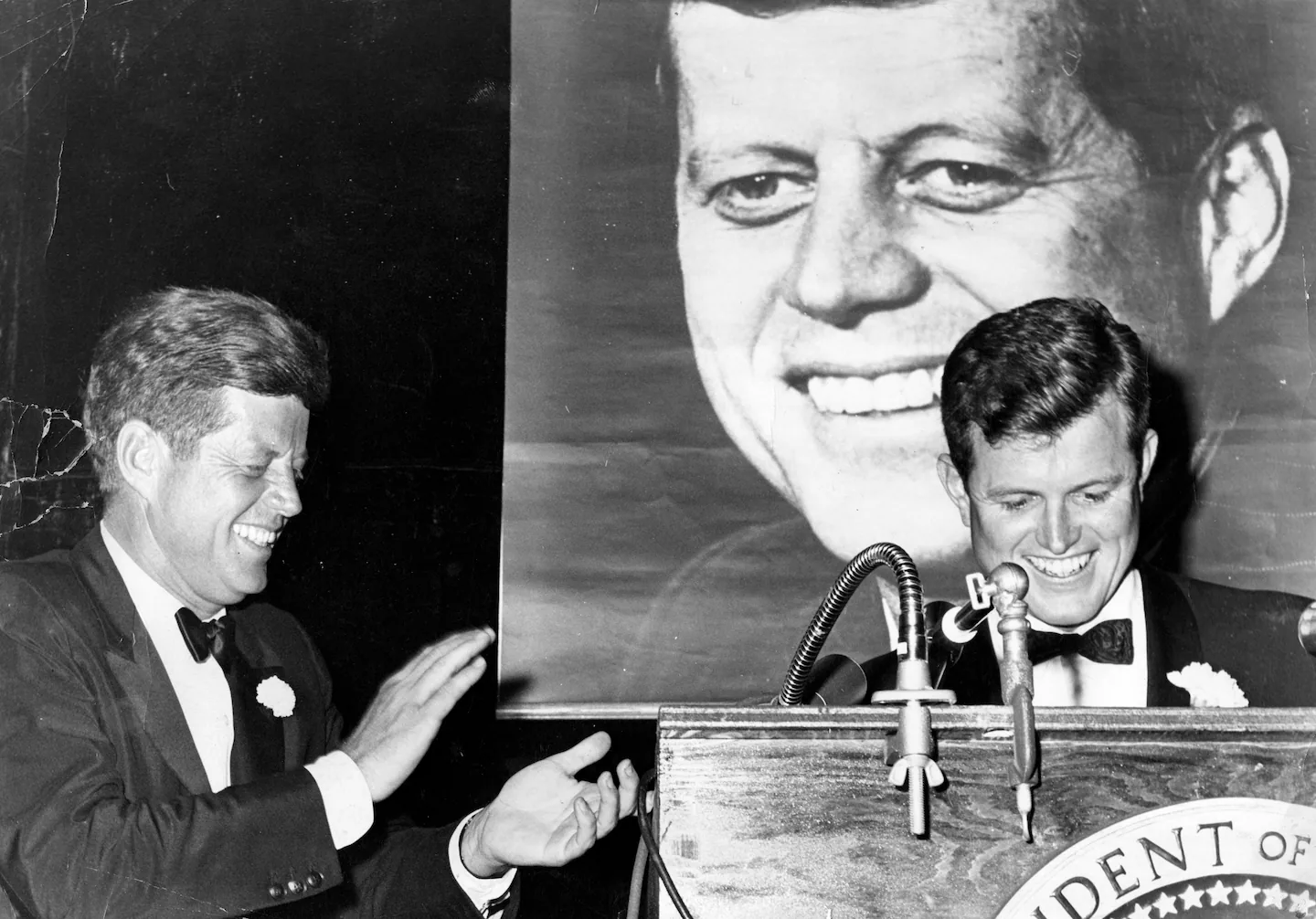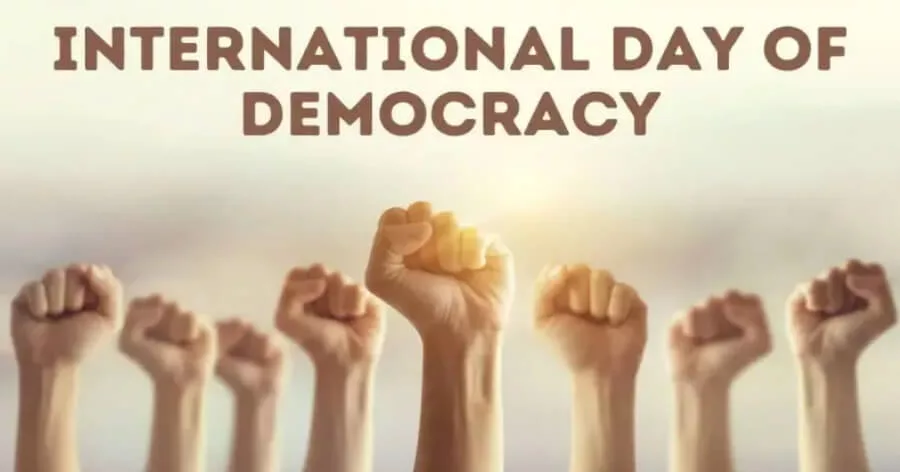
Ted Kennedy Jr. is a health care attorney and disability rights advocate and the son of the late Senator Edward M. Kennedy. Richard Hughes IV is a health care attorney.
For decades, the Kennedy legacy in public health has been one of building, not dismantling. The Kennedy family name has been synonymous with expanding health care access, advancing disability rights, and protecting the most vulnerable. From former president John F. Kennedy’s creation of the nation’s first immunization program to then-senator Edward Kennedy’s tireless leadership on vaccine legislation, the Kennedy family helped ensure that every child in America could benefit from the miracle of vaccines.
Today, however, Robert F. Kennedy Jr. — the nation’s chief health officer — is unraveling that legacy. His actions as secretary of Health and Human Services betray not only the Kennedy tradition but also actively endanger the health of millions of Americans. As a Kennedy family member, disability rights activist, and health care regulatory lawyer (Kennedy) and as a vaccine law and policy expert (Hughes), we feel compelled to speak out.
Get Internacional de la Comunidad
España: denuncian que es “ilegal” la entrega de la medalla de Madrid que Ayuso le dará a Javier Milei.
Enter Email
In 1962, John F. Kennedy signed the Vaccination Assistance Act, establishing what became known as the Section 317 Immunization Program. This law provided federal funds to states for mass immunizations against polio, diphtheria, whooping cough, and tetanus. It was a landmark moment: The federal government embraced the responsibility to help protect all children from preventable diseases.
Advertisement
A generation later, Senator Edward Kennedy carried that work forward. In the mid-1980s, the vaccine system faced collapse. Manufacturers were leaving the market amid a surge of lawsuits, threatening supply and access. Kennedy cosponsored the National Childhood Vaccine Injury Act of 1986, which created the Vaccine Injury Compensation Program. This innovative, no-fault system allowed families with legitimate claims to receive fair compensation while ensuring that vaccine availability and development would continue. It struck a balance between justice and access — hallmarks of Kennedy legislative craftsmanship.
Advertisement
In the 1990s, the senator voted to expand children’s vaccine access by supporting the Vaccines for Children program. That program provides free vaccines to half of America’s children today, a cornerstone of US immunization policy.
Taken together, these policies represent a proud legacy: federal leadership, bipartisan compromise, and a relentless focus on ensuring that vaccines are available to all, regardless of income or background.
Robert F. Kennedy Jr. has chosen a very different path. Although he is a loving and caring father who once built an impressive record of environmental protection, he has emerged as one of the nation’s most prominent purveyors of vaccine disinformation, falsely linking vaccines to autism and amplifying baseless fears. Through his organization, Children’s Health Defense, he has actively sought to undermine trust in immunization and in public health itself.
The potential damage to our carefully constructed vaccine infrastructure is immense.
Now, as HHS secretary, he wields the power to translate rhetoric into policy. He has replaced expert members of key vaccine advisory committees with individuals who share his anti-vaccine views. He has compromised public trust in the Centers for Disease Control and Prevention’s Advisory Committee on Immunization Practices by injecting ideology where science should lead. He has restricted access to certain vaccines, making it harder for many families to safeguard their children’s health.
Most troubling, he and his allies have distorted federal safety monitoring systems like the Vaccine Adverse Events Reporting System by distorting unverified reports to stoke public fear. Instead of responsibly interpreting this data for the public good, he has misused it to suggest that vaccines are causing widespread harm. The result is confusion, distrust, preventable illness, and death, especially for the most vulnerable, like children and people with disabilities.
Advertisement
The potential damage to our carefully constructed vaccine infrastructure is immense. For decades, Congress and federal agencies worked to balance public safety, supply, and access. Undermining these systems not only erodes trust, it also risks destabilizing the markets that make new vaccines possible and programs like Section 317 and VFC that make current vaccines widely available.
The Kennedy legacy in public health provides the scaffolding of today’s immunization system. Undermining it has consequences: more disease outbreaks among children, worse vaccine access for underserved children, and more distrust and damage to public confidence that will be long-lasting and hard to reverse. This is not the vision President Kennedy had when he launched a federal immunization program in 1962. It is not the work Senator Kennedy fought for in the 1980s and 1990s. And it will undermine the health of our children and grandchildren in America.



